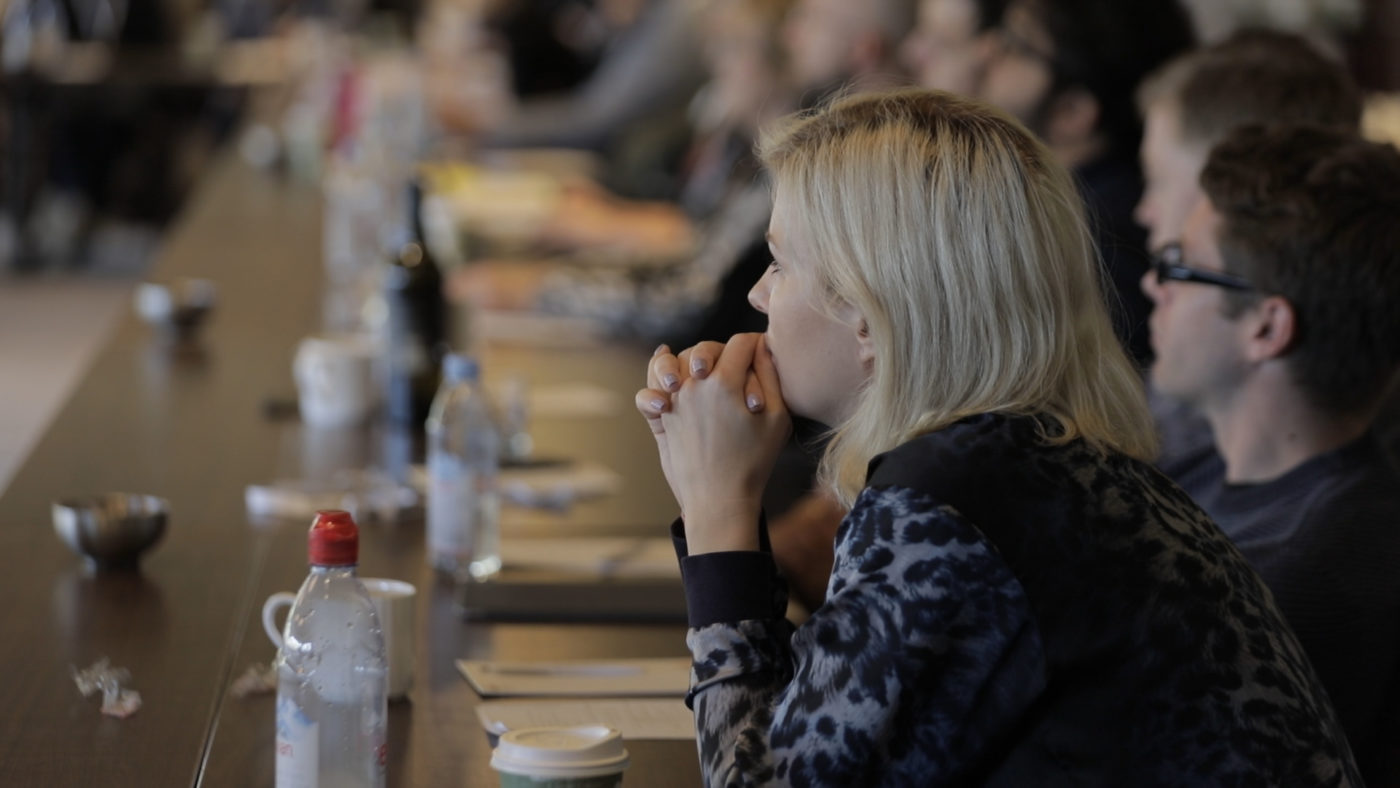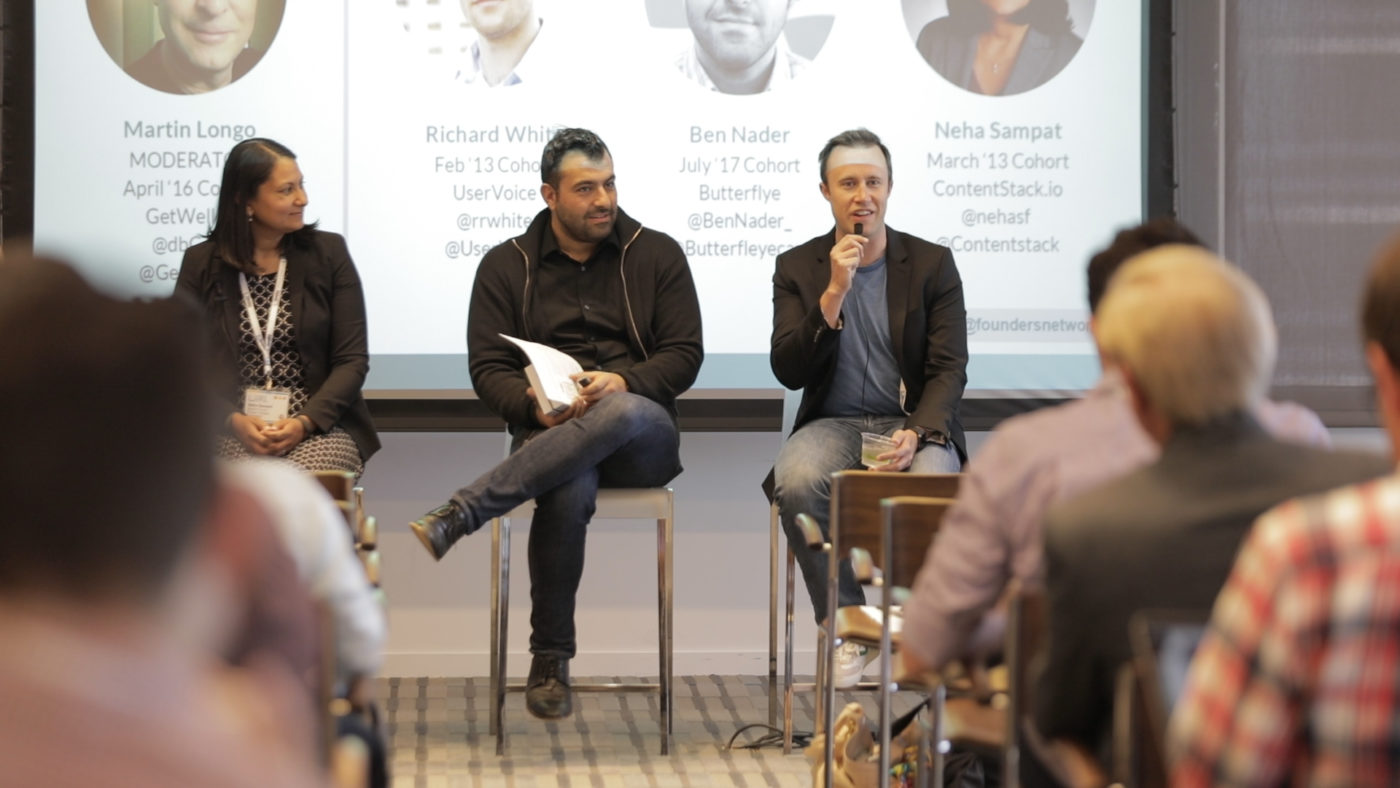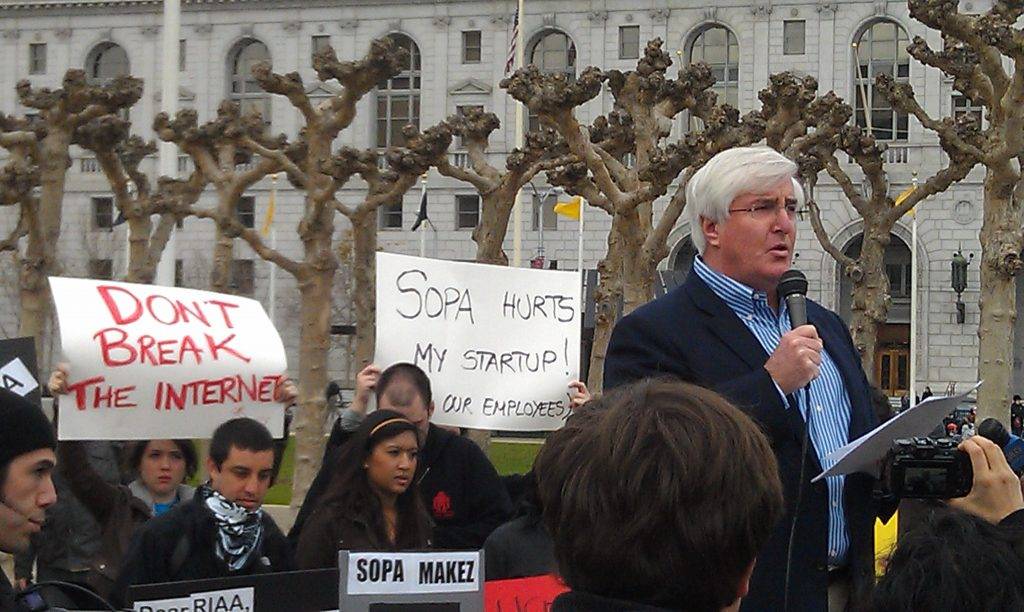
A few weeks ago we had our annual share of tech predictions and a common trend was the inclusion of companies such as Airbnb, Zipcar, and Getaround. What I love about these companies (I should include Netflix here) is that they took on industries that failed to innovate for decades. For me, those companies have been a tremendous inspiration.
I grew up in the wine country, where my family has been trying to succeed in one of the most conservative and slow-moving industries you can imagine. The wine industry hasn’t change its modus operandi for decades, despite being dysfunctional for those who operate in it, and extremely opaque for the consumer. Casual wine drinkers dread the supermarket wine aisle, where 500+ brands with prices all over the place make the buying process a nightmare. I believe buying wine shouldn’t be harder than buying any other consumer product, and that is the main reason why I created Easy Vino.
The Wine Industry is Changing
Wine was born an exclusive product, made for connoisseurs and collectors. The industry has hardly changed until the Baby Boomers created a whole new segment of casual wine drinkers – people who just wanted to drink wine with no interest in having a deep understanding about the product. However, the industry organized itself around the wine expert, and that is why wine reviews include terms such as “pencil shavings” or “fresh cut grass”, and why wine ratings make little sense for the normal consumer.
Recently I have been sensing a change in consumer behavior. The new consumers are anti-establishment and reject all the snobbery surrounding wine. They don’t want to learn about wine, they just want to drink a good wine at all times. The market is not prepared for them though.
Technology and Slow-Moving Industries
Easy Vino was created to address this new trend. But how can you disrupt an industry that refuses to innovate? The end user is your best friend. If you can create an outstanding user experience, the industry will follow. For the wine consumer, that means being able to pick the best wine without thinking about it. We are building a wine recommendation app, combining taste preference, social graph, and location-based information, to help consumers pick wine at specific restaurants and retail stores.
Technology helps and timing is everything. What we are doing was not possible just a few years ago. The ability to cramp significant processing power in a mobile device, combined with the location-based information available today made our solution possible. The one advantage of working in a slow-moving industry is that the big players with a lot of money to spend are not even thinking about these problems. They’re focused on running business as usual, which gives a lot of room for fast-moving startups to become relevant in the space (just ask Blockbuster).
My point is, if you are frustrated about how certain businesses are run, look out for opportunities to disrupt them, assess the state of technology, and then see if there is a way to put the end user on your side. By the time you become relevant, it’s too late for them.






